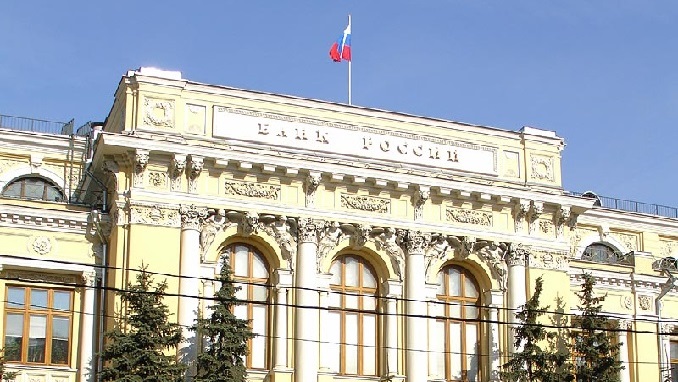The Bank of Russia has said it is ready to test stablecoins – cryptocurrencies pegged to real assets – in regulatory sandbox conditions, Interfax reported citing the central bank’s head Elvira Nabiullina.
Nabiullina is known as one of Russia’s greatest arch-skeptics, but the report now says she wants companies who “want to issue tokens secured by assets” to test their coins in Russian sandboxes – with the possibility of attaining official approval.
However, Nabiullina said that the regulator doesn’t assume that those stablecoins will function as a means of payment or become a substitute for money. She added that the central bank is testing stablecoins “to prevent the volatility associated with crypto markets”.
According to the report, the Russian central bank is also continuing to explore the possibility of issuing its own central bank digital currency (CBDC), the “digital ruble,” Nabiullina said.
The official emphasized that the bank first wants to understand the potential benefits of CBDCs based on the experience of other jurisdictions around the world.
However, Nabiullina warned that the issuance of the digital ruble could lead to some “serious consequences” including changes in the financial market structure such as deposit outflows.
Additionally, the head of Russia’s central bank noted that the popularity of cryptocurrencies in Russia has dropped over the past two years. However, there are people who still believe in the possibility of private money without government involvement, Nabiullina said.
“We are against private money. If some digital currencies were designed to become a substitute for private money, we could not support that,” she told Interfax.
While Russia is planning to follow other countries in testing their CBDCs, France recently revealed its intention to become the first global jurisdiction to pilot its own digital euro project. On Dec. 4, François Villeroy de Galhau, the governor of the Bank of France, announced that the bank will start testing the digital euro project by the end of the first quarter of 2020.












